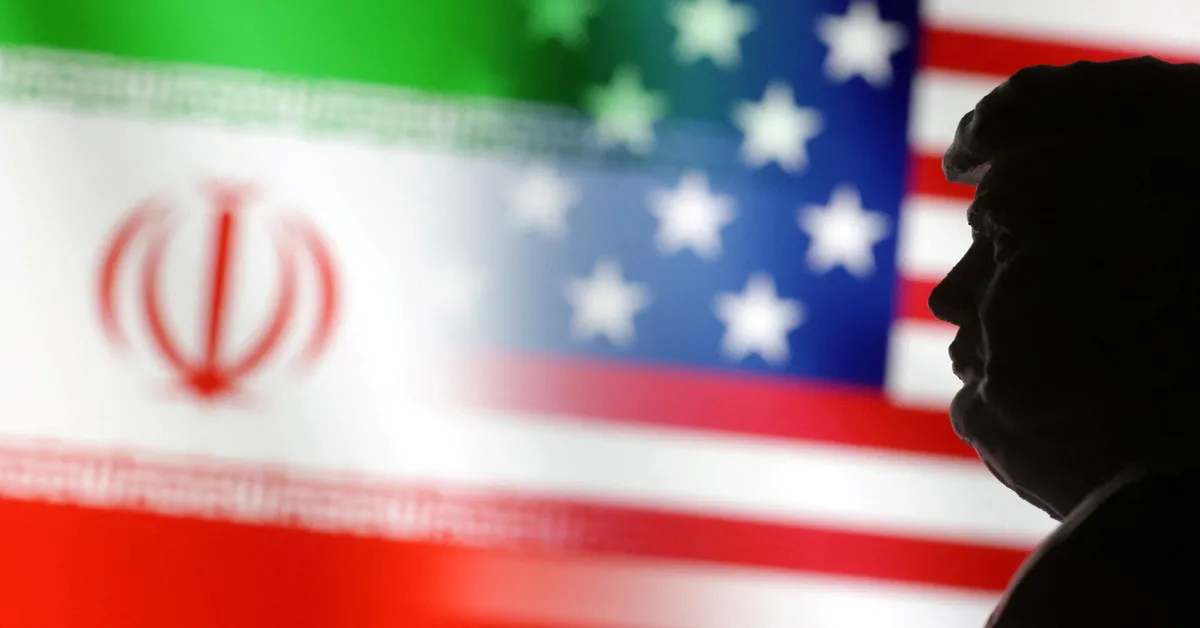
On March 30, 2023, U.S. President Donald Trump issued a stark warning to Iran, threatening potential bombings and the imposition of secondary tariffs if the nation fails to reach an agreement regarding its nuclear program. In a telephone interview with NBC News, Trump indicated that discussions between U.S. and Iranian officials were ongoing but did not provide specific details on the talks.
Trump firmly stated, "If they don't make a deal, there will be bombing." He further elaborated that, should negotiations falter, he might resort to implementing secondary tariffs akin to those introduced during his previous presidential term from 2017 to 2021. This could signify a resurgence of economic pressure on Iran as part of a broader strategy to curtail its nuclear ambitions.
In 2018, Trump made a significant move by withdrawing the U.S. from the 2015 nuclear agreement, which had been established between Iran and world powers. This deal had imposed stringent restrictions on Tehran's nuclear activities in exchange for the lifting of sanctions. Following the withdrawal, Trump also reinstated sweeping U.S. sanctions, which have since led to Iran surpassing the agreed-upon limits in its nuclear enrichment program.
Despite Trump's stern warnings regarding military action, Iran has consistently rejected the idea of negotiating under threat. Iranian Foreign Minister Abbas Araqchi revealed that Iran communicated its response through Oman to Trump's recent outreach, where he urged Tehran to engage in discussions for a new nuclear agreement. This response indicates Iran's firm stance and resistance to pressure from the U.S.
Western nations continue to express deep concerns regarding Iran's nuclear program, suspecting that it may be part of a clandestine agenda to develop nuclear weapons. They argue that Iran's uranium enrichment activities have exceeded what is necessary for a civilian nuclear energy program, raising alarms about potential military implications.
The situation remains tense as both sides navigate the complex landscape of diplomacy and national security. With Trump's threats looming over Iran, the future of the nuclear negotiations remains uncertain. As the international community watches closely, it is clear that the stakes are high for both the U.S. and Iran in the quest for a viable agreement that addresses nuclear proliferation concerns.